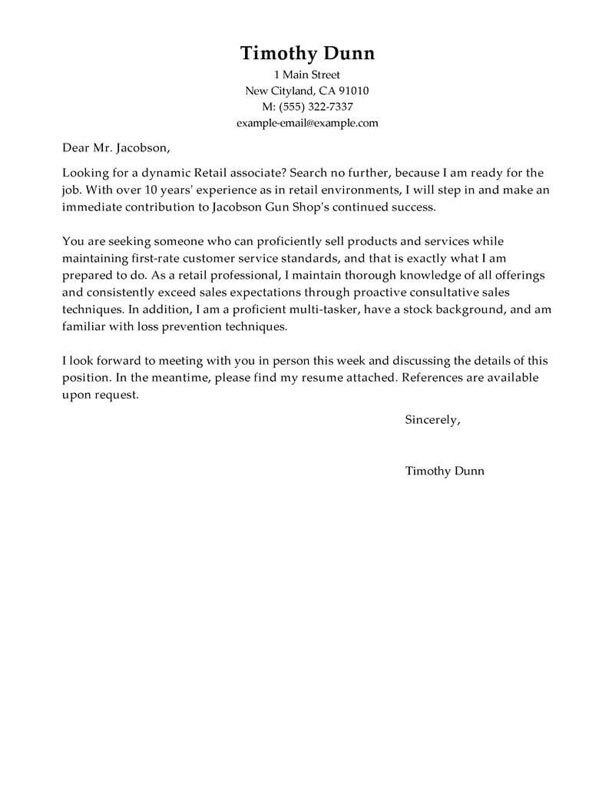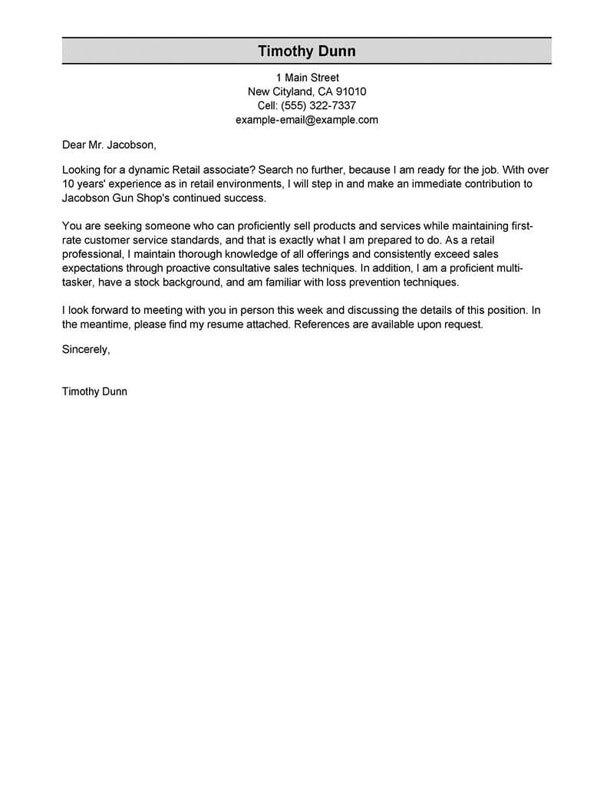TABLE OF CONTENTS
Electrical Engineer resume
summary examples
To make your resume pass the seven seconds recruiters spend eyeing a resume, write an impactful resume opener.
The resume summary consists of a two to three-sentence paragraph introducing yourself to potential employers by featuring your top skills and professional abilities.
Think of it like a business pitch. Your knowledge and experiences are the product you have to sell to the investor, in this case, the employer.
If you have plenty of work experience in your desired field, choose the professional summary approach.
If this is your first time applying for a Electrical Engineer position, use the objective statement, which allows you to share your skills as they relate to your career goals.
You can compare these two approaches in the examples below to determine which is better for your situation.
Good example:
“ Experienced Electrical Engineer with 5+ years of experience in designing, developing, and testing electrical systems. Proven track record of successful projects, including reducing energy consumption by 20% and increasing water efficiency by 30%. Skilled in troubleshooting, project management, and working with a wide range of tools and equipment.”
Why this example passes:
- Feature candidate’s success statistic to grab attention. Numbers add detail about how big the results you deliver are, e.g., test scores, passing rate and more.
- Shows career length, 11 years.
- Mentions employer-desired skills: student motivation and interactive lessons.
Bad example:
“ Recent Electrical Engineering graduate with a passion for problem-solving and technology. Possesses a good understanding of circuit design and troubleshooting. Looking to use my skills to contribute to a dynamic organization.”
Why this example fails:
- Doesn’t include any numbers that quantify electrical engineer’s performance
- Uses vague descriptions and skills.
- Doesn’t include years of teaching experience.
The fastest way to write your
professional summary
Prove your value as a Electrical Engineer with a sharply written professional summary. You can choose from expert-written content suggestions using our Resume Builder!
- 1
Enter the details about the job title you held. The builder comes preloaded with auto-suggested phrasing written by resume experts.
- 2
Then, just pick from these suggested phrases that best frame your experience and customize them to your liking!
- 3
All you have to do is choose the summary phrases that best frame your experience. It’s like having a professional do it for you!
You’ll find content written by resume experts in our Resume Builder, but you can also take it above and beyond and employ our professional resume-writing services! Get ready for the job search by taking advantage of the resume-writing tools that are best for you.
The reviews are in!
See what they’re saying about us on Trustpilot.
Electrical Engineer resume work
experience examples
A big part of your resume’s content will live in your work experience, so you’ve got to put in the extra effort to make it stand out. This section should feature achievements that show recruiters you have what they’re looking for if you want to write a good resume.
Good example:
Rolling Meadows Middle School I Rolling Meadows, IL I 8/2018-current
- Developed innovative electrical engineering solutions to improve production efficiency and reduce costs by 25%
- Designed and implemented electrical systems for a variety of projects, including industrial, commercial, and residential buildings
- Installed and maintained electrical equipment and systems to ensure safety and reliability
- Collaborated with other engineers to troubleshoot and resolve complex electrical issues.
Why this example passes:
- Numbers and statistics add detail and quantify the results this electrical engineer delivers: 4% improvement and a class size of 20-25.
- Good use of strong words and active language.
- References specialized value cahier provides with “individualized lesson plans.”
Bad example:
Emily Dickinson Elementary I Redmond, WA I 4/2022-present
- Worked as an Electrical Engineer
- Developed new wiring systems
- Tested electrical components
- Troubleshot electrical issues.
Why this example fails:
- Lacks numbers or statistics.
- Describes general tasks, not teaching achievements or career highlights.
- Uses active verbs, but doesn’t focus on results.
Electrical Engineer resume skills examples
Here are 18 sample skills for electrical engineer:
- Project Management
- Technical Writing
- Data Collection
- Staff Management
- Team Leadership
- Statistical Analysis
- Product Development
- Budget Adherence
- Schematics Interpretation
- Technical Support
- Program Evaluation
- Product Testing
- Application Development
- Electrical Engineering
- Quality Management
- CAD Software
- Customer experience control
- Budgeting
You should sprinkle skills and abilities throughout your resume. Include them in your professional summary, work experience blurbs and a dedicated skills section.
Examples of additional resume sections
Your Electrical Engineer resume must include the following: contact information, resume summary, work experience, skills and education. These are the five main resume sections; however, you can customize your resume with additional sections.
Here are some examples of optional electrical engineer resume sections that you could add to provide greater detail:
- Languages
- Certifications
- References
- Accomplishments
- Additional skills
- Software
- Interests
- Additional information
Only include additional sections that feature valuable information for your desired Electrical Engineer job. If the information you want to add is irrelevant to the job, save that space for more relevant information.
How to choose a resume format
0-3
Years of experience
Functional formats
- Focus on skills.
- Best for first-time electrical engineer who lack work experience.
- Good for people re-entering workforce.
- May omit dates in the work history section.
Organization:
- Skills listed above work experience.
3-10
Years of experience
Combination formats
- Balance skills and work history.
- Ideal for mid-career electrical engineer.
- Suitable for career changers and people seeking promotion.
Organization:
- Skills next to or above work experience.
10+
Years of experience
Chronological formats
- Put the most focus on work history.
- Best for electrical engineer with a long, steady career.
- Most popular format.
- Preferred by recruiters.
Organization:
- Work experience listed above skills.
Featured in:*

*The names and logos of the companies referred to in this page are all trademarks of their respective holders. Unless specifically stated otherwise, such references are not intended to imply any affiliation or association with LiveCareer.





